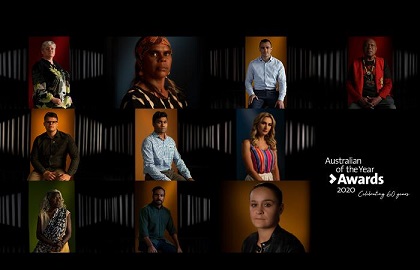AUSTRALIA DAY WEEKEND.
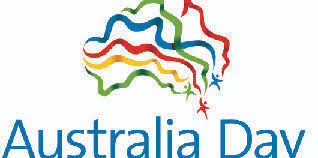
A long weekend with holidays and celebration:
Saturday 25th, seen by many indigenous as ‘invasion day’ which also saw the announcing of the Australians of the Year, a strong emphasis on health and education (with Archie Roach as the Victorian Australian of the Year;
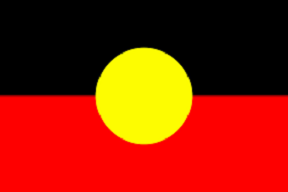
Sunday 26th, Australia Day (with origins as Foundation Day, the arrival of the First Fleet in Sydney Harbour, a day of naturalisation ceremonies and concerts;

Monday 27th, a public holiday, and, while a time of relaxation, we hope also a time for reflection.
Hence some excerpts from a timely article:
Australia Day as a day for humility
Andrew Hamilton SJ.
With acknowledgement to Eureka Street where the full article appeared. Go to the Eureka Street website.
Over recent years discussion of Australia Day has largely focused on how appropriate the date is for a national celebration. Many Indigenous Australians see the arrival of the First Fleet as an invasion which destroyed Indigenous nations and cultures and left their descendants disadvantaged strangers in their own land. The obdurate refusal to consider changing the date inevitably makes the public holiday a symbol of exclusion as well as of national unity.
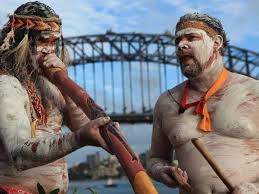
The inappropriateness of the date, however, has some beneficial aspects. It focuses attention on the relationships between Indigenous Australians and later arrivals, and between Indigenous and the largely European cultures in Australia. Public discussion of these relationships often manifests prejudice and self-satisfaction. But it could also encourage humility and reconciliation, inviting a shared conversation about how our conflicted past has influenced the present Australian reality, and how reflection on it might shape a better future.
Australia Day would be wasted if it were devoted simply to self-congratulation and technological wizardry with no care for the future. It is a time for hard thinking about both our Indigenous and our European heritage.
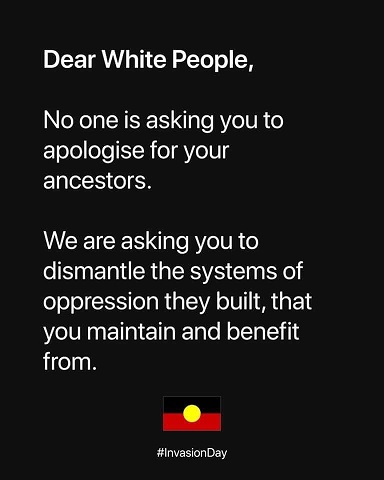
In Australia this kind of thinking meets strong opposition. It is often based in belief that the settler culture is shared by all Australians and that it is a superior and richer culture than that of Indigenous Australians. The claim of superiority attaches to the ability of settlers to develop the land. It insists that the new arrivals had much to teach and nothing to learn from the first Australians.

When comparing cultures it is easy to contrast an abstract and idealised account of one's own culture with a superficial and critical view of other cultures. It allows us to claim for ourselves a Western culture with all the learning, texts, art and monuments associated with the phrase, and to set it against a supposedly nomadic, illiterate life of Indigenous peoples. Such a perspective frames our own culture as advanced and Indigenous cultures as primitive.

The Indigenous cultures that were supplanted by the European were communal. In them individuals found meaning through assimilating their received place in society and in country. The growth of the individual was tied to the wellbeing of the community which, in turn, was tied to the care of the earth and its flora and fauna. This world view and the rituals that embodied it were carefully passed on from one generation to another and governed people's behaviour. Fire was used to prune and promote growth, but not allowed to destroy it. The effect of this care was to conserve the earth which supported human life.

Western culture, as it was represented in the early settlers and their descendants, put high value on individual initiative and the amassing of wealth. It was competitive, often happy to operate at the edge of law and sometimes notably beyond it. It saw land as something for individuals to take possession of and to exploit, not to preserve and sustain for the good of the community.
Both these summaries, of course, are simplified and generalised, with perhaps a bias to romanticise Indigenous cultures and to demonise the settlers' culture. But taken together they invite us to ask whether the dominant individualist and technological culture in Australia has reached a point when it will destroy the world that it exploits. And whether Indigenous cultures offer, not technological solutions, but a more mature a way of imagining our relationship to the natural world.
